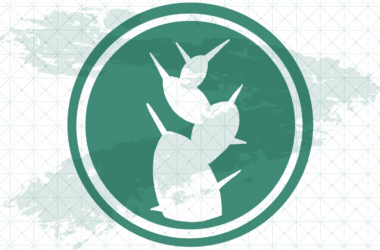There is quiet strength in the decisions made at life’s edge—a reality Quebec has been able to realize through its approach to end-of-life care.
Quebec has long been at the vanguard of Medical Assistance in Dying (MAiD)—a medical protocol which allows an eligible individual to receive assistance from a medical practitioner in ending their life. In 2014, through the Act Respecting End-of-Life Care, the province became the first jurisdiction in North America to legalize MAiD—reframing MAiD not as a criminal issue but as part of a continuum of healthcare rights owed to patients. By fostering more open and routine conversations about death, we begin to see MAiD not just as a medical procedure but as a moral act of compassion from bodily betrayal—a willful act of reclaiming one’s own dignity.
Quebec’s most recent Bill 11 is the most controversial and ambitious expansion to MAiD yet. This bill marks Quebec as the first province in Canada to authorize binding advance MAiD requests for those with serious and incurable neurodegenerative diseases, such as Alzheimer’s, before these patients lose the cognitive capacity to give consent.
Concerns about advance request MAiD primarily centre on questions of informed consent. Since MAiD is typically offered, accepted, and administered within a short timeframe, requests made years in advance are not considered legally consensual given the unpredictability of how a person’s mental clarity might diminish. The guiding principle of Bill 11, however, is that autonomy in the present trumps autonomy in the past, meaning MAiD can be refused at any time until capacity is lost. At that point, it is up to the guiding physicians’ judgement.
Beyond the ethics of the procedure itself, rising rates of MAiD also raise questions about Canada’s limited available care facilities and government resources for its aging population demographic. Some individuals may be implicitly pushed towards MAiD as a result of systemic pressures such as housing shortages or high insurance premiums. In such contexts, the decision to choose MAiD may be less reflective of personal choice and more indicative of a system strained in its ability to provide adequate care.
Critics argue that rather than prioritizing the expansion of MAiD protocols, the government should focus instead on making life more feasible—that through lowering living and medical costs and expanding access to treatments and therapy, individuals can choose life rather than death by systematic constraints. Physicians and policymakers may also be incentivized to promote MAiD to address fiscal issues within the healthcare system. A 2017 research paper predicted that further expansion of MAiD protocols could save Canada anywhere between 34.7 million to 138.8 million CAD in annual healthcare spending. However, it is crucial that financial incentives are made distinct from legal decisions to expand MAiD access, as budgetary struggles within hospitals and governments must not influence personal end-of-life decisions.
It is understandable to be skeptical of a system like MAiD, as it intertwines government authority with the deeply personal matter of autonomy. While legislative provisions should still exist to ensure extended palliative care is accessible, there should be a governmentally-endorsed place in healthcare and in society for MAiD.
Society often casts MAiD as tragic, rather than a valid medical option.This framing is used to ethically justify MAiD in lieu of arguments that centre patient autonomy and personal choice. Too often we assume that prolonging life at any cost is inherently virtuous; we are fixated on achieving more time on earth rather than quality of existence.
In any humane nation, the value MAiD has should be self-evident. MAiD is a performance of self-sovereignty, and the ultimate assertion of autonomy. It is not our place as lawmakers and moral arbiters to play God—to decide who may live or die. Too often we assume that prolonging life at any cost is inherently virtuous; we are fixated on achieving more time on earth rather than quality of existence. We do a profound disservice to our sense of humanity when we pretend to know what mercy people require. We rob people of their dignity when we say whether or not they deserve to suffer. There is no metric for the unbearable; pain is not ours to prescribe. We need not live in fear of death, for it is not always a losing battle. It does not need to be the enemy. In fact, it can be a final act of compassion.









